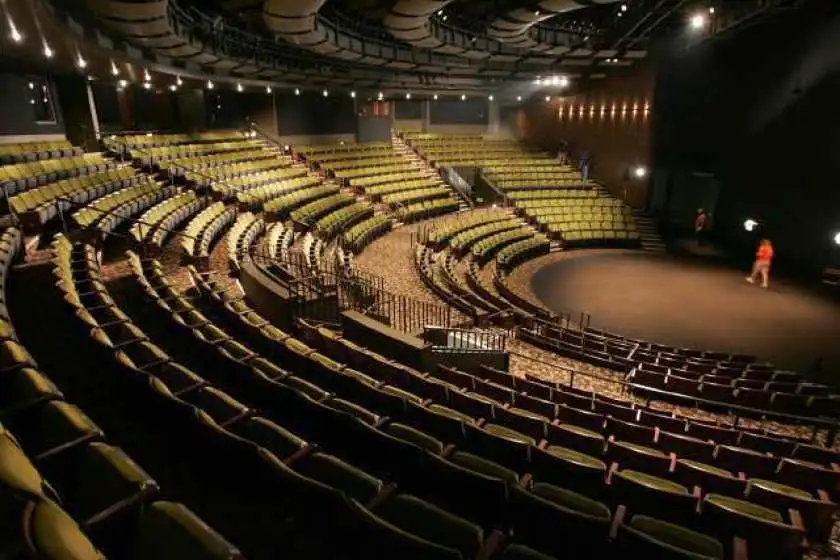By: Jingwei Zhao
Last Thursday, the Center Theatre Group in New York closed the Mark Taper Forum for an indefinite time, ending one of the country’s most prominent regional companies. This had caused much sadness among theatre leaders throughout the country, and despite the Group calling this a “pause,” they are merely signifying that the Taper is for a closure potentially as long as years.
The theatre ecosystem had to endure similar shutdowns due to the pandemic that hit in March 2020, and that one lasted nearly two years, meaning that audiences will not return quick enough for the Taper’s budget to hold.
Other leading theaters across the world, such as the Oregon Shakespeare Festival and San Francisco’s American Conservatory Theater, have experienced similar difficulties staying open, with dwindling ticket sales and higher production costs. To maintain their budget, they were forced to cut programs, discontinue layoffs, and suspend pleas to their subscribers. The non-profit Center Theatre Group in Los Angeles, California, have had to shut down their Taper for an indefinite time.
Mehan Pressman, the chief executive and managing director of the Center Theatre Group, found it challenging to make some of the more important decisions, with full knowledge of the possibility of controversy.
One of the consequences of closing the Taper was that many upcoming events could no longer be held there, such as Larissa FastHorse’s play called “Fake it Until You Make it.” If this play were to take the stage, she would have become the first ever Native American writer to have a main stage production in the Taper.
The closing of the Taper ended the upcoming season featuring female-identifying or non-binary playwrights. Lauren Yee was also prepared with a touring production musical called the “Cambodian Rock Band,” and was greatly disappointed when she found out about the end of the Taper, with leading theaters believing the Group should have opened for the chance of more diverse playwrights to put on their plays on the main stage of the Taper.
“That show deserves an audience — a big audience — and the audiences that it deserves are not back,” said Pressman. Right now, her main goal is to get FastHorse’s play on the main stage of the Taper. Their budget consists of corporate contributions and individual donations, making up 20-30% of their budget, and the tickets they sell make up the remaining 70%.
However, the current ticket sales were only 70% of what they were before the pandemic hit.
Playwright Jeremy O. Harris, who wrote the groundbreaking “Slave Play” that reopened the Taper after two years of the pandemic, knew that the theater industry was already in danger long before Covid-19. He believed that “the worst thing that could happen is for people to look at some of the really exciting social movements inside of the theater in the last three years and point to those as the issue, when actually the issue is deeper — it’s from 20 to 30 years of bad programming.”











